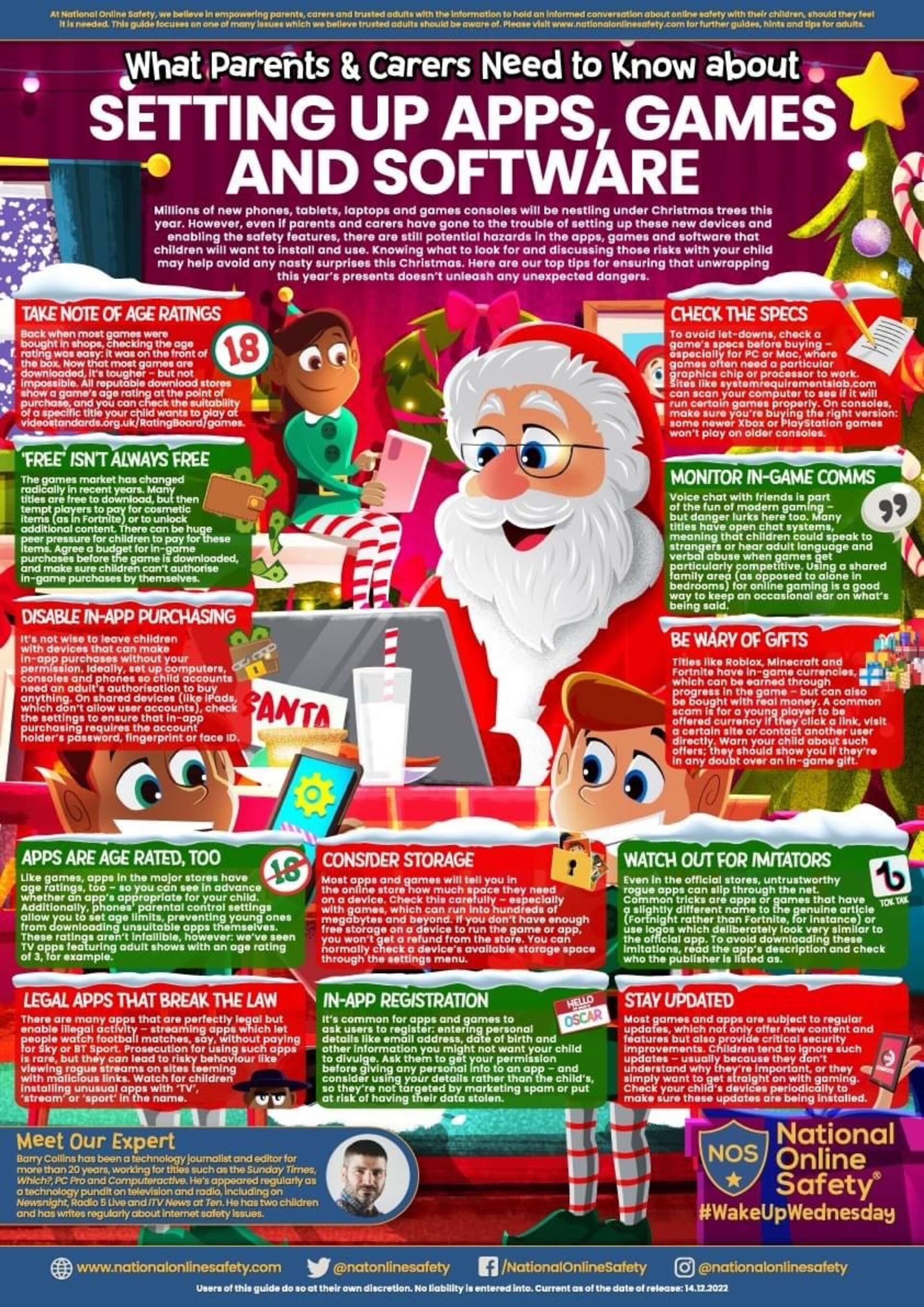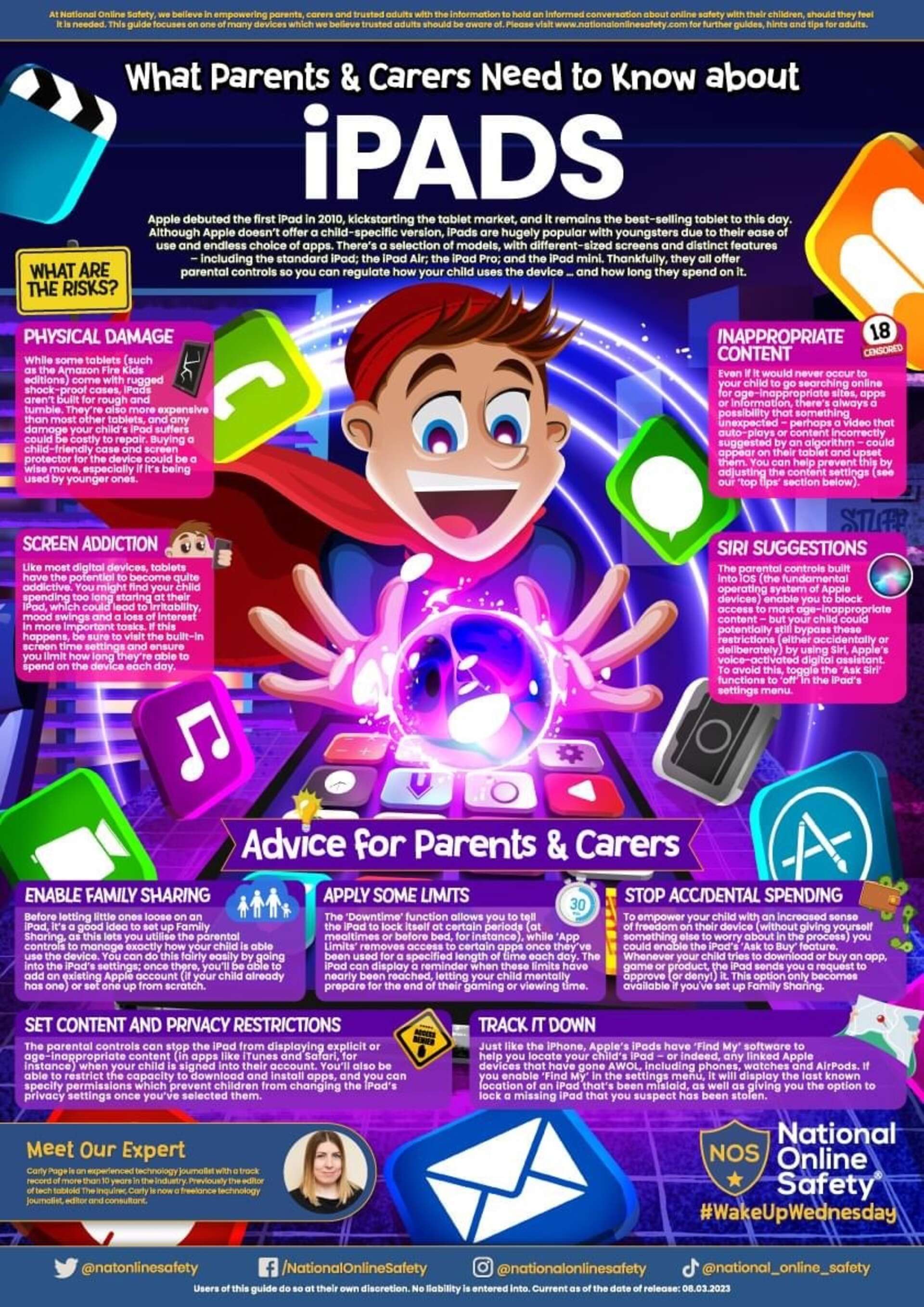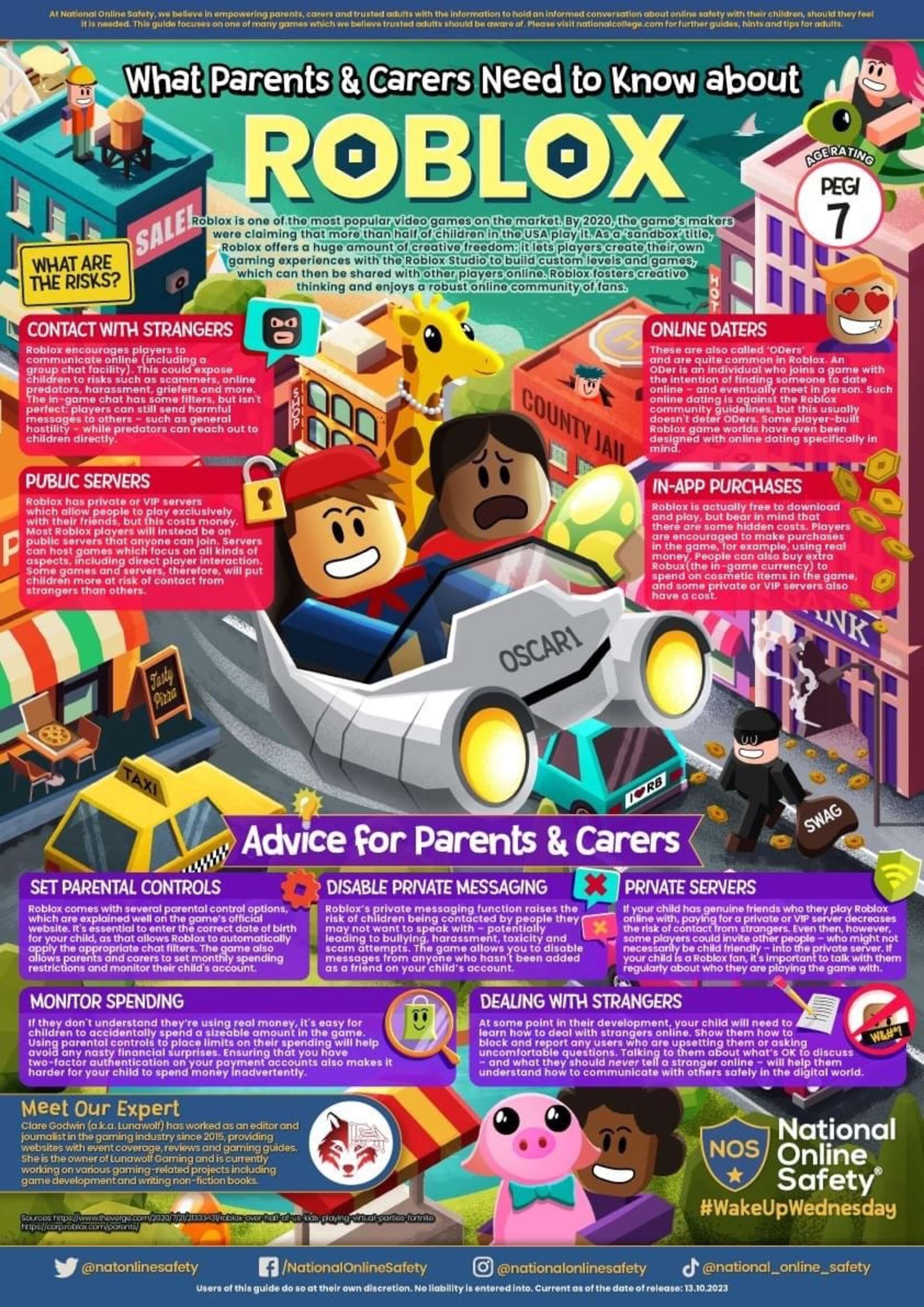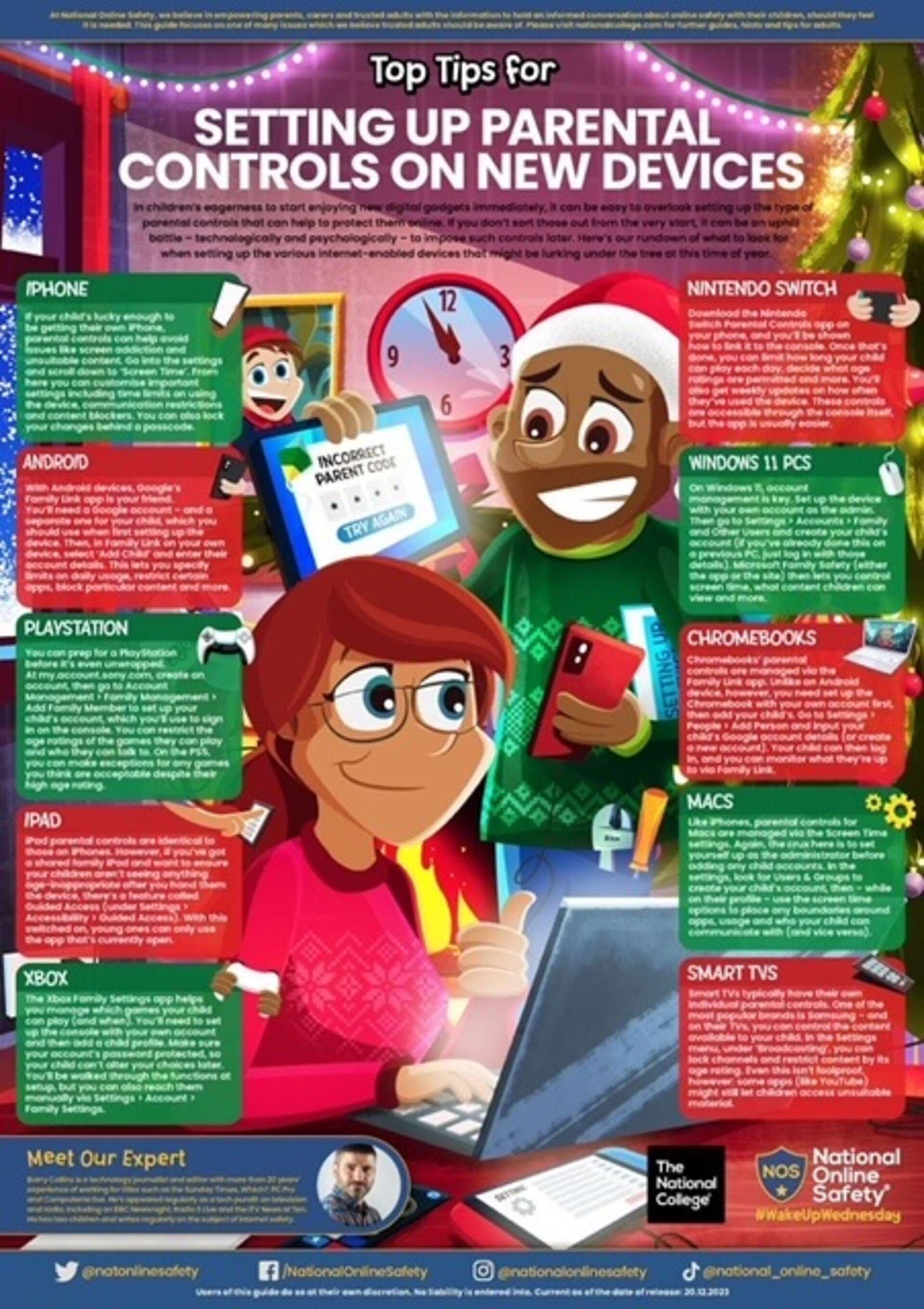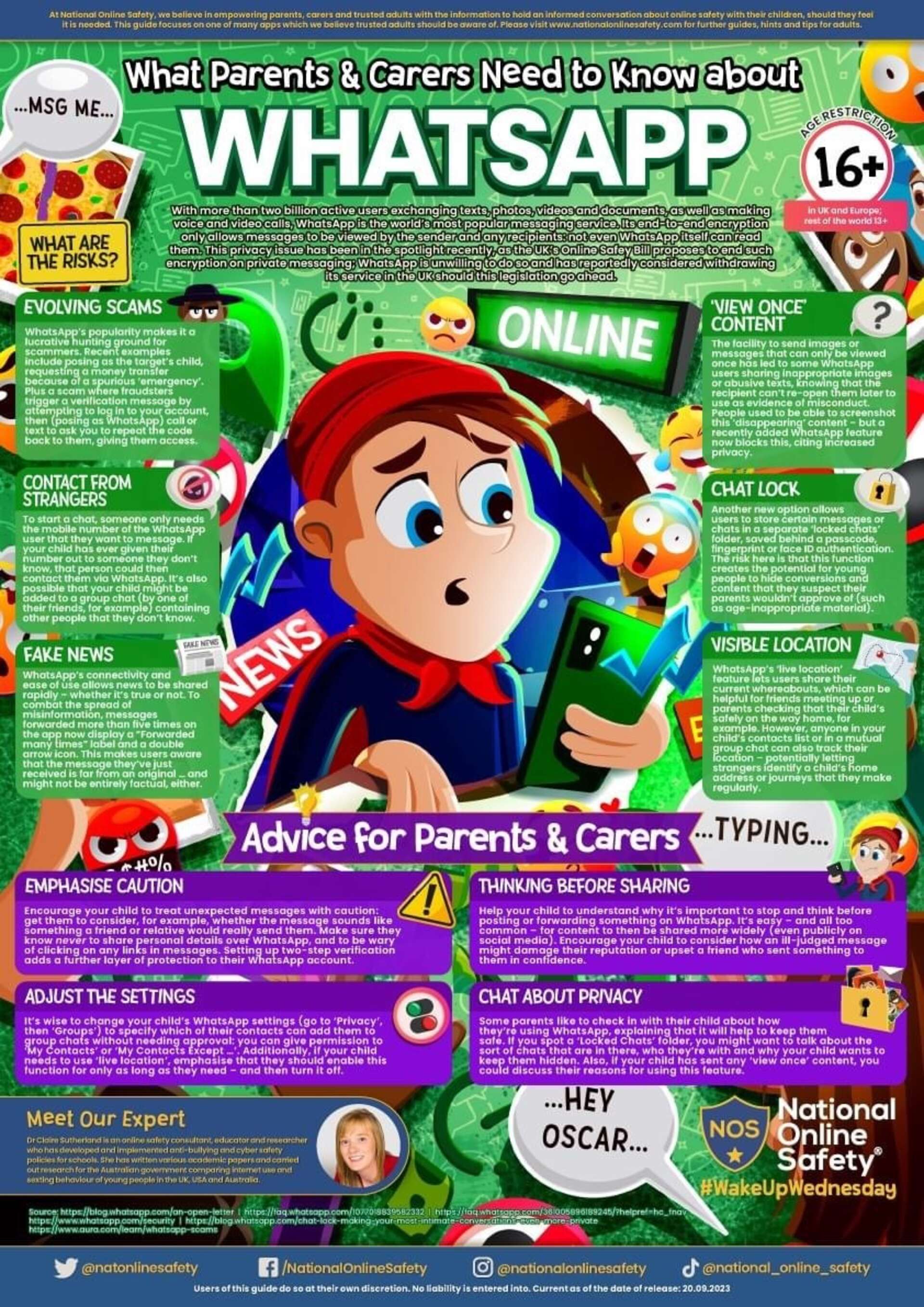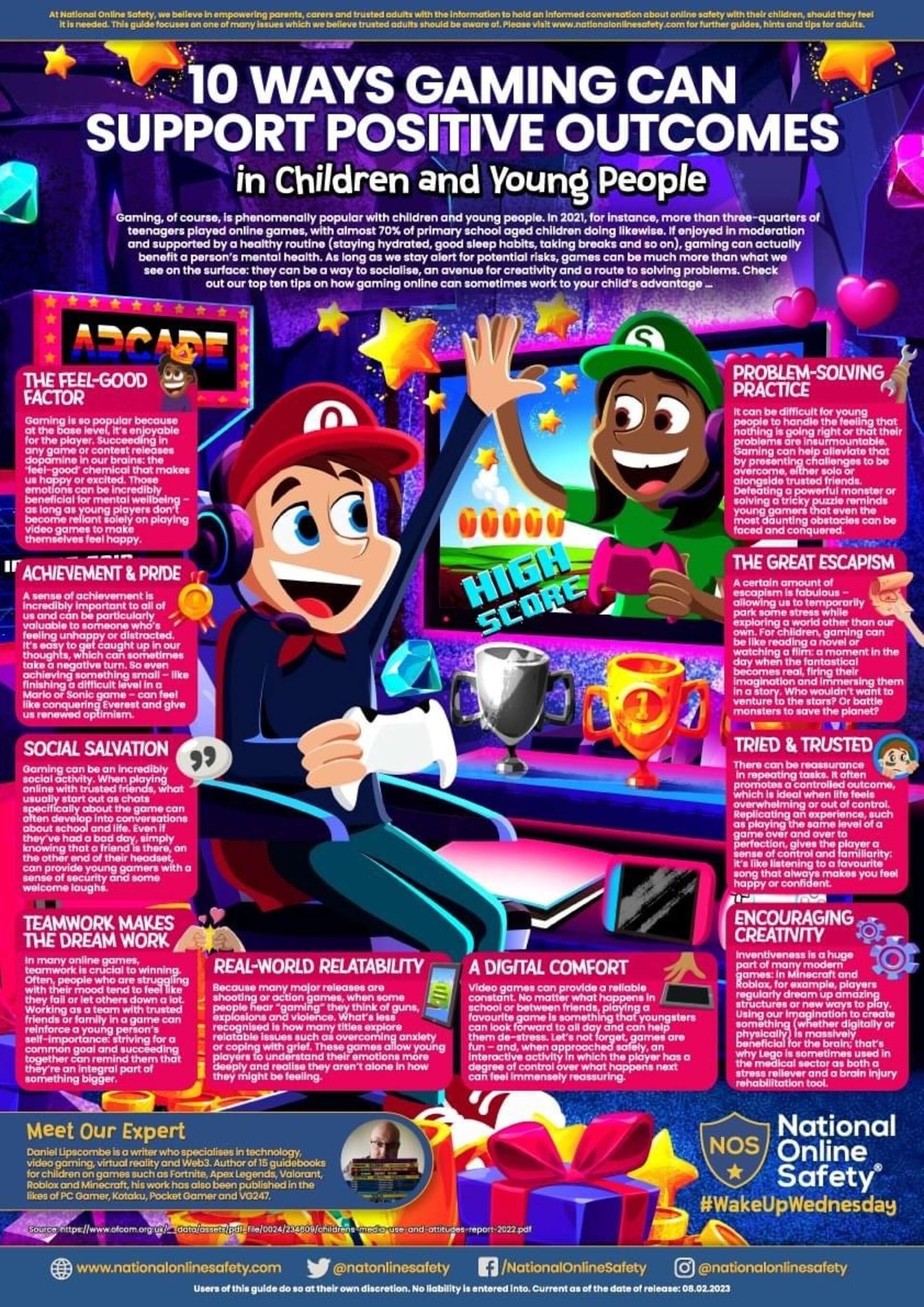Parents can have a difficult job keeping up with their children on the fast changing technology available to them, let alone knowing the dangers they face. The issues of safety, privacy, online predators or grooming and cyberbullying are sometimes complex, both technically and psychologically and parents can struggle to keep up.
It is important that children realise that all actions have consequences, and in the case of social media, comments and images that could cause offense can remain online for years to come. What is considered a harmless, throwaway statement or joke today could have serious implications in later life. Children need to be aware that the information and pictures that they see on-line may not be genuine pictures of the person they are communicating with and they should not share any personal information on-line.
To help parents we have put together a selection of links to websites that will help them to ensure that their children can reap the benefits of the Internet while staying safe.

